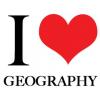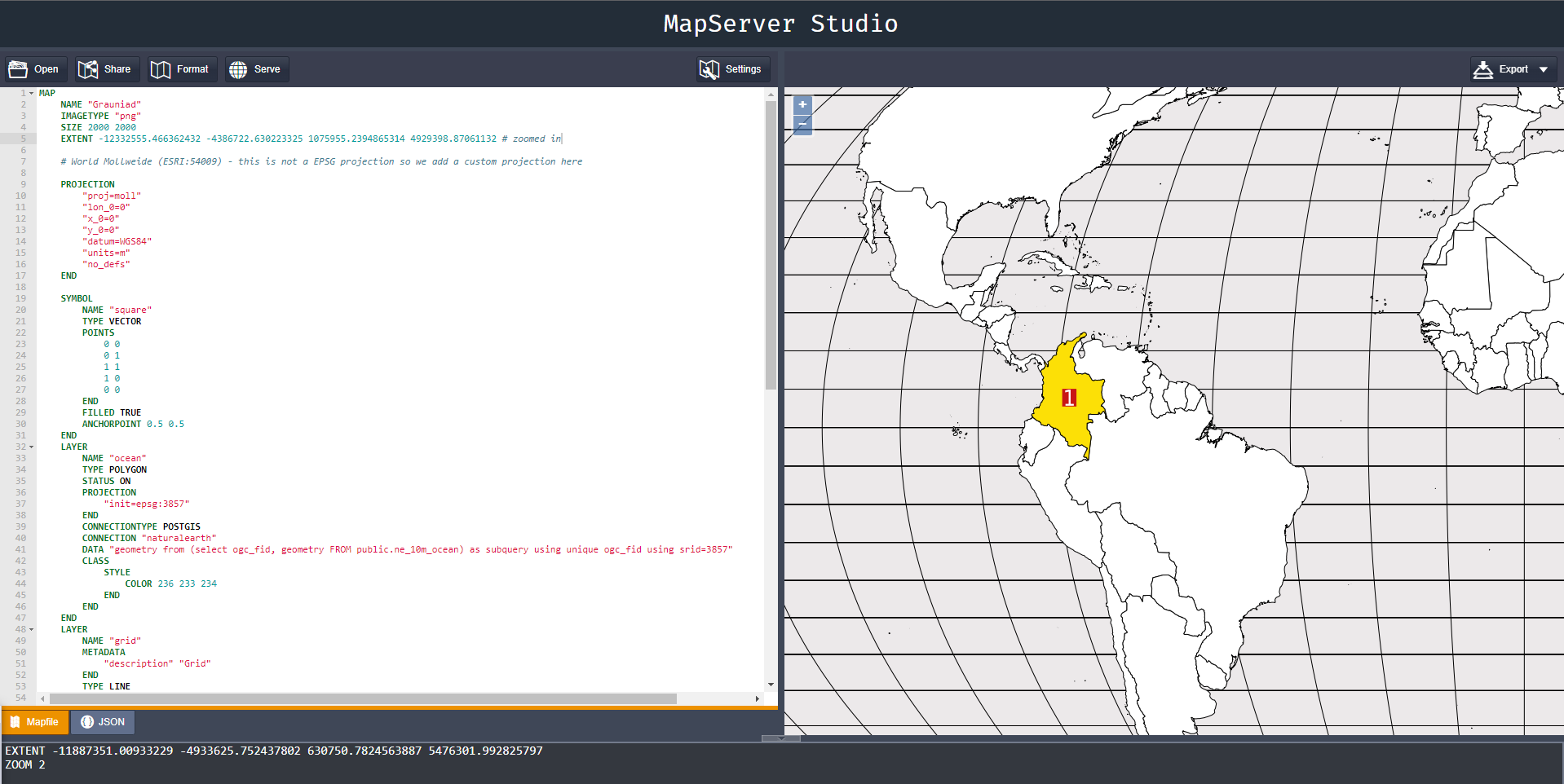- 0 replies
- 5,392 views
- Add Reply
- 0 replies
- 1,784 views
- Add Reply
- 0 replies
- 1,223 views
- Add Reply
- 2 replies
- 1,561 views
- Add Reply
- 0 replies
- 1,252 views
- Add Reply
STAC Browser v3.0.0 is finally out

By Lurker,
STAC Browser v3.0.0 is finally out! Go and explore awesome geospatial data on the web: https://github.com/radiantearth/stac-browser… Please let us know what you think! More features are already in the pipeline!
This is a Spatio-Temporal Asset Catalog (STAC) browser for static catalogs. Minimal support for APIs is implemented, but it not the focus of the Browser and may lead to issues. It attempts to surface all included data in a user-centric way (an approach which can inform how data is re
June 27 - July 1-Trans-Atlantic Training 2023 (TAT-10): Remote Sensing for Environmental Monitoring and Modelling

By Lurker,
Application deadline is 15 May, 2023!
The main objective of the NASA-ESA Trans-Atlantic Training (TAT) initiative is to train students and early career scientists in the field of Earth Observation through a series of training workshops in Eastern/Central Europe, with an emphasis on remote sensing of land-cover/use change and ecosystem dynamics.
TAT-10 will take place from 27 June to 1 July 2023 in the Czech Republic and will be hosted by Charles University, Prague and Masaryk Universi
GeoServer 2.23.0 Release

By Lurker,
This is a stable release of GeoServer suitable for production systems, made in conjunction with GeoTools 29.0 and GeoWebCache 1.23.0.
With this release GeoServer no longer supports Java 8, and it is time to upgrade to Java 11 at a minimum. Our build system tests GeoServer in with Java 11 and Java 17 which are both long-term-support OpenJDK releases.
The first big internal change for this release of GeoServer is a cleanup of the theme used for the GeoServer web administration app
Introduction of GIS Labs

By Lurker,


This set of GIS lab exercises is intended to lead students through some of the fundamental skills needed for using ArcGIS Pro and ArcGIS Online as part of an Introduction to GIS course. Created through a collaboration between KSU and UNG.
In keeping with Esri Academy's ongoing commitment to provide flexible options to grow GIS and ArcGIS skills, a brand-new e-Learning format has been added to the Esri Academy catalog. ArcGIS labs are self-paced learning options that emphasize hands-on pract
MapServer Studio available in Beta testing

By Lurker,


MapServer Studio allows the creation of maps in the browser, powered by MapServer.
Maps are created using MapServer's Mapfile language. Maps are then displayed in a built-in map viewer allowing map images to be created and exported at different scales and locations.
Features
Custom Cartography
Different map projections (not just Web Mercator!)
Custom styling
Custom fonts
Quality Output
High resolution image generatio
-
Forum Statistics
8.8k
Total Topics43.5k
Total Posts




